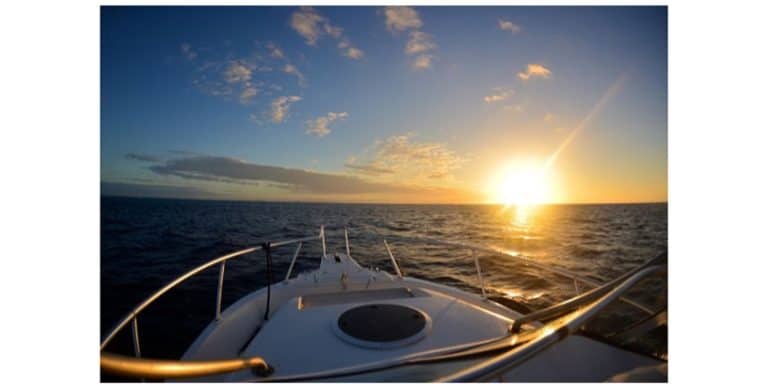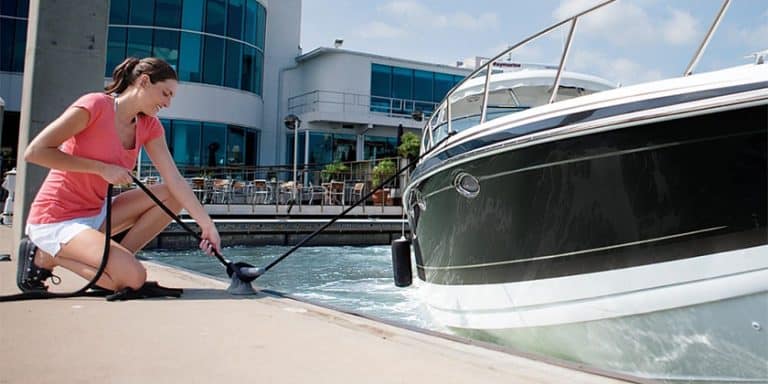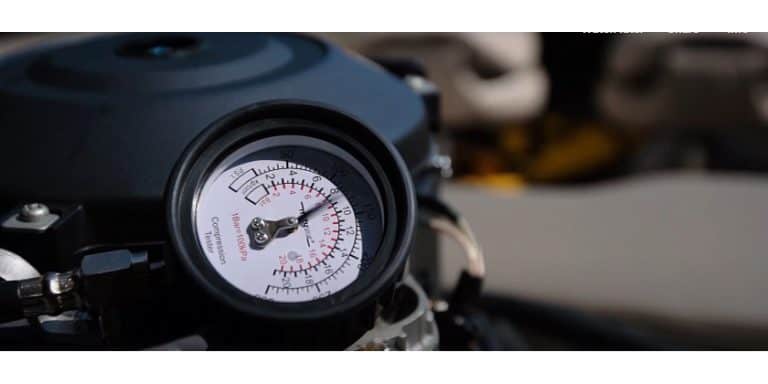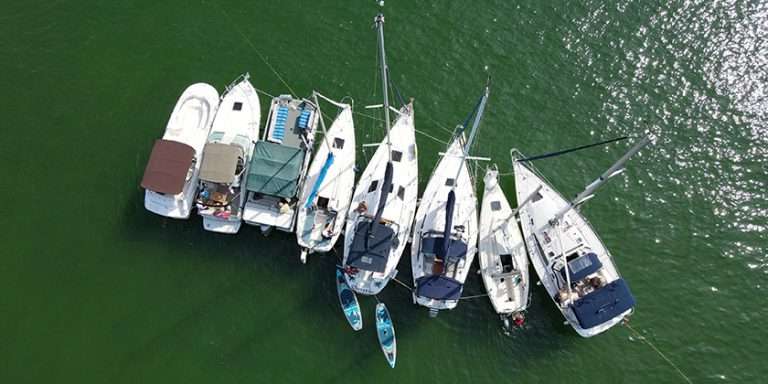Boating Ed
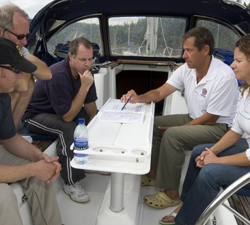
Whether you’re a novice or an experienced boater, nothing helps build competence and confidence like boating courses and instruction.
There’s nothing like being out on the water, spending time with family and friends, letting the wind fill our sails and whisk us away to new adventures. Or if power is your preference, casting off and throttling up catch a few waves or discover a new destination.
Just as boating can be a lifelong pastime, learning on the water never stops, whether you’re just getting started or building your knowledge and skills to increase your competence as skipper or crew. Without a doubt, a more competent boater is a safer boater. But feeling more competent also boosts our confidence and our pleasure in boating. Building new skills can be thrilling and satisfying whatever your age or experience. And a course in seamanship or navigation might be just the ticket to help you pass the long months until boating season rolls around again.
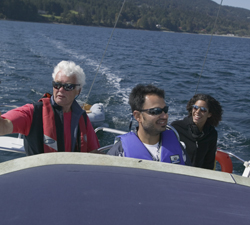 Getting Started
Getting Started
There are lots of books, DVDs and other self-study resources available but a classroom is really the best place to begin learning about boating. The use of standardized and internationally recognized course materials, access to knowledgeable instructors, and interaction with other students are invaluable in the learning process. The Canadian Power and Sail Squadrons offer introductory boating courses that cover safety, seamanship, weather, rules of the road, useful knots, and many other aspects of boating. At the end of the courses, those who successfully pass the written exams receive certificates, membership in CPS and the Pleasure Craft Operator’s Card (PCOC).
All operators of motorized watercraft are required to carry a PCOC unless they have proof of having taken a boating-safety course prior to April 1, 1999 or, for rental boats, have completed a rental-boat safety checklist. The card can also be obtained by successfully completing a Transport Canada-accredited test, which is administered online, at boat shows and through various organizations such as CPS, SAIL Canada, the International Sail and Power Academy (ISPA) and other providers.
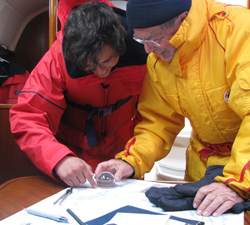 In addition to CPS, many yacht charter companies also offer introductory courses which may combine classroom instruction with on-water training. You can start your search for courses like this in the yacht charter ads in this magazine.
In addition to CPS, many yacht charter companies also offer introductory courses which may combine classroom instruction with on-water training. You can start your search for courses like this in the yacht charter ads in this magazine.
Charter Boating
When I was an instructor of the CPS Boating Course, students often asked me about the qualifications required to charter a yacht. I would tell them to take a few more classroom courses and get some on-the-water training – and that usually led to more questions: “What additional courses should I take? Do I need some sort of certificate? Where can I get on-the-water training and how much is required?”
Since every charter boat is required to have a marine VHF radio, and the law requires you to have a VHF Restricted Radio Operator’s Certificate to use it, taking a marine radio course is a must. CPS and some charter companies offer this course, in which you’ll learn proper radio protocol and procedures for making urgent and distress calls, locating weather information, and communicating with other boaters, marinas and other shore facilities.
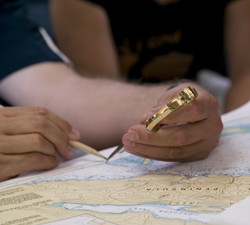 A recent improvement in marine radio technology called Digital Selective Calling (DSC) allows the radio operator to transmit a digital signal to all nearby vessels and the coast guard. When connected to a GPS receiver, this distress alert will send both accurate position coordinates and information about the vessel. Even if you’ve taken a marine radio course, you should consider enrolling in the CPS-DSC module to familiarize yourself with this new technology. Most marine radios now include the DSC feature.
A recent improvement in marine radio technology called Digital Selective Calling (DSC) allows the radio operator to transmit a digital signal to all nearby vessels and the coast guard. When connected to a GPS receiver, this distress alert will send both accurate position coordinates and information about the vessel. Even if you’ve taken a marine radio course, you should consider enrolling in the CPS-DSC module to familiarize yourself with this new technology. Most marine radios now include the DSC feature.
With a Boating Course Certificate, PCOC, and Radio Operator’s Certificate, you’re on your way toward meeting the minimum qualifications for chartering. Your next step is to supplement your classroom learning with on-water training, either as part of an introductory cruising course or on a “cruise-and-learn.”
On a cruise-and-learn, a group of students spends a weekend, a week or more on a cruising boat under the guidance of a qualified instructor, learning as they cruise. Many charter companies offer these hands-on courses – you can choose a sail or power course, depending on your interest and chartering intentions. In either case, you’ll appreciate having some theoretical knowledge prior to participating in real-life situations such as close-quarters maneuvering, docking, anchoring, navigation, crew overboard, and other practical skills. Typically, at the end of the cruise you’ll receive a competent-crew certificate indicating that you are able to perform these various skills to the satisfaction of your instructor.
At this point, you’ll have the minimum of classroom instruction, on-water training and certificates usually required to charter a cruising boat on your own. If you desire more knowledge and experience, consider going on either a skippered or flotilla charter. On a skippered charter, an experienced skipper is responsible for the safety of the yacht and you can participate and learn as much as you like. On a flotilla charter, you’re in charge of a yacht but a qualified skipper is on a nearby boat to offer guidance and assistance as required. An excellent website for locating various charter companies which provide such training in Canada or worldwide is www.yachtcharterguide.com.
Few things in life will give you a greater feeling of accomplishment than becoming a competent skipper. Imagine the satisfaction of setting your own course for a distant port and relying on your newly acquired nautical and navigation skills to arrive safely and anchoring securely in a picturesque bay.
Specialized Instruction
Other types of instruction can be tailored to the specialized needs of students such as:
Youth – Although adults make up the majority of students in CPS boating courses, teenagers can access the CPS Boating Basics course to learn vital information and obtain their PCOC. On-water experience for youngsters is provided by a number of boating clubs (www.dmoz.org/Recreation/Boating/Sailing/Clubs/North_America/Canada/).
Women – Two BC companies, Cooper Boating (www.cooperboating.com) and Herizen (www.sailingforwomen.com), are among a number of charter firms and sailing schools that offer unique cruise-and-learn courses designed by women for women. These courses are designed to help female students build confidence and overcome some of the challenges they may find in boating with partners or in mixed crews.
Sailors with Disabilities – The Disabled Sailing Association of BC (www.disabilityfoundation.org/dsa/) in Vancouver offers programs for people with physical disabilities. Instruction is provided for first-time as well as experienced sailors, with opportunities for recreational and competitive sailing in boats equipped to enable sailors to overcome physical challenges. The aim of DSA is to increase the independence, motivation and quality of life for both children and adults with disabilities.
Individual Instruction – Novices and experts alike can speed up their learning curve with some one-on-one time with a qualified sailing or powerboating instructor. This can be especially helpful if you’ve just acquired a new or larger boat and need help learning how to manage it. The instructor will take individuals or couples out on the instructor’s boat or their own and guide them through boat handling, docking, pre-start preparations, maintenance and other essential skills. Yacht brokers and dealers as well as charter companies and boating schools can help you locate a suitable instructor. If you search online, look for instructors with good references and recommendations.
Boating Education Resources
Canadian Power and Sail Squadrons
CPS is a nationwide organization of boating enthusiasts, mostly volunteers, whose aim is to increase on-water safety by providing classroom instruction in all aspects of boating, both power and sail. Nearly 200 squadrons in Canada offer an introductory boating course called Boating Basics for those seeking their Pleasure Craft Operator’s Card. This course can be followed by a more in-depth introductory course called Boating Essentials, which leads to regular membership in CPS. Advanced courses for members include Seamanship, Advanced Piloting, Junior Navigator and Navigator. Elective courses and seminars available to the public include Marine Radio Operations, Boat and Engine Maintenance, Sailing, Extended Cruising, Weather, Navigating with GPS, Electronic Charting, Radar and Distress Signaling.
SAIL Canada
Member agencies such as yacht clubs, sailing schools and certified individuals offer a wide variety of internationally recognized boating courses from beginner to expert. They also offer boating programs tailored to the needs of youngsters, women and people with disabilities. Many charter-company instructors are certified to CYA standards.
International Sail and Power Academy
The ISPA, through individual instructors, schools and member agencies, provides a range of instructional programs in a building-block format, which can be done either as home study or in a classroom, followed by a practical component with an emphasis on the safe and skillful use of sail and powerboats. Their books and courses are designed for students to learn at their own pace. ISPA instructors are professional mariners, not volunteers, and work with many charter companies.
PHOTO CAPTIONS
Photo 1 – Hands-on experience complements classroom training in the cruising courses offered by many sailing schools and charter companies.
Photos 2 & 3 – “Cruise and learn” courses offer a great opportunity to learn while cruising under a qualified instructor.
Photo 4 – Learning skills like piloting usually starts in the classroom.
By Larry MacDonald
Photo credit: Insight-Photography.com


